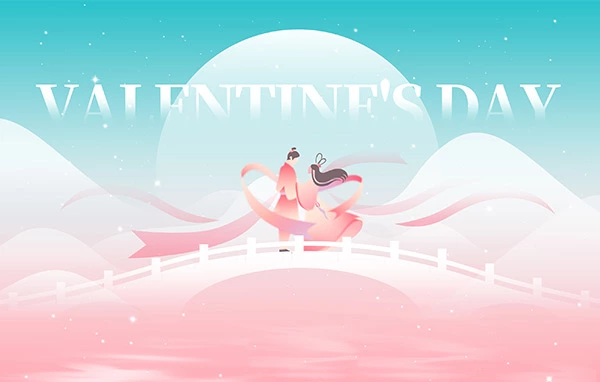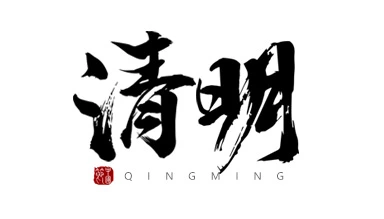Qixi Festival: The Timeless Love Story Behind Chinese Valentine's Day

The Qixi Festival, also known as the Double Seventh Festival or Chinese Valentine's Day, is a traditional Chinese celebration that falls on the seventh day of the seventh month of the lunar calendar. It is a day to celebrate love and romance, originating from an ancient legend about a forbidden love between a mortal and a celestial being. Here’s an overview of the festival and its cultural significance:
Origins and Legend
The story behind Qixi revolves around the love between Niulang, a humble cowherd, and Zhinü, a skilled weaver fairy and the seventh daughter of the Jade Emperor. Despite coming from different worlds, they fell in love and married secretly. However, their union was discovered, and the Heavenly Empress (or Queen Mother of Heaven) was displeased, separating them by creating the Milky Way. The couple was banished to opposite sides of the galaxy, forced to be apart for eternity.
Moved by their enduring love, magpies take pity on them and form a bridge across the Milky Way once a year, on the seventh day of the seventh lunar month, allowing them to reunite for a single night. This touching reunion symbolizes the power of love to overcome obstacles.
Customs and Traditions
Qixi has inspired various customs and traditions that celebrate love and marriage:
- Praying for Skillful Hands: Young women in ancient China would pray to Zhinü for wisdom and skill in needlework, believing this would help them find good husbands and lead happy lives. Competitions were often held to showcase weaving and sewing talents.
- Making Offerings: Offerings of fruits, tea, and flowers were made to honor Zhinü, often in the form of elaborate displays on rooftops or courtyards.
- Romantic Activities: In modern times, couples celebrate by exchanging gifts, such as flowers and chocolates, and going on romantic dates. Some may write love letters or create art together to commemorate the occasion.
- Star Gazing: Observing the stars, particularly the constellations of Vega (representing Zhinü) and Altair (representing Niulang), is a popular activity. The stars are said to symbolize the lovers' connection across the Milky Way.
Cultural Significance
The Qixi Festival highlights themes of love, devotion, and the longing for connection despite challenges. It is a reminder of the enduring power of love and the belief in overcoming obstacles to be with loved ones. While traditionally focused on women's skills and virtues, the festival has evolved into a celebration of romance and affection between partners.

In contemporary China, Qixi is celebrated similarly to Valentine's Day, with couples expressing their love through various romantic gestures. It remains an important cultural event, reflecting the values and beliefs surrounding love and relationships in Chinese society.
Modern Celebrations
Today, Qixi is celebrated with a blend of traditional customs and modern expressions of love. People enjoy festive meals, give romantic gifts, and participate in cultural events. In urban areas, the festival has taken on commercial aspects, with stores offering special promotions and products aimed at couples.
Overall, the Qixi Festival is a cherished tradition that continues to inspire and bring people together, celebrating the timeless story of Niulang and Zhinü. It serves as a poignant reminder of the beauty and strength of love, transcending time and space.







